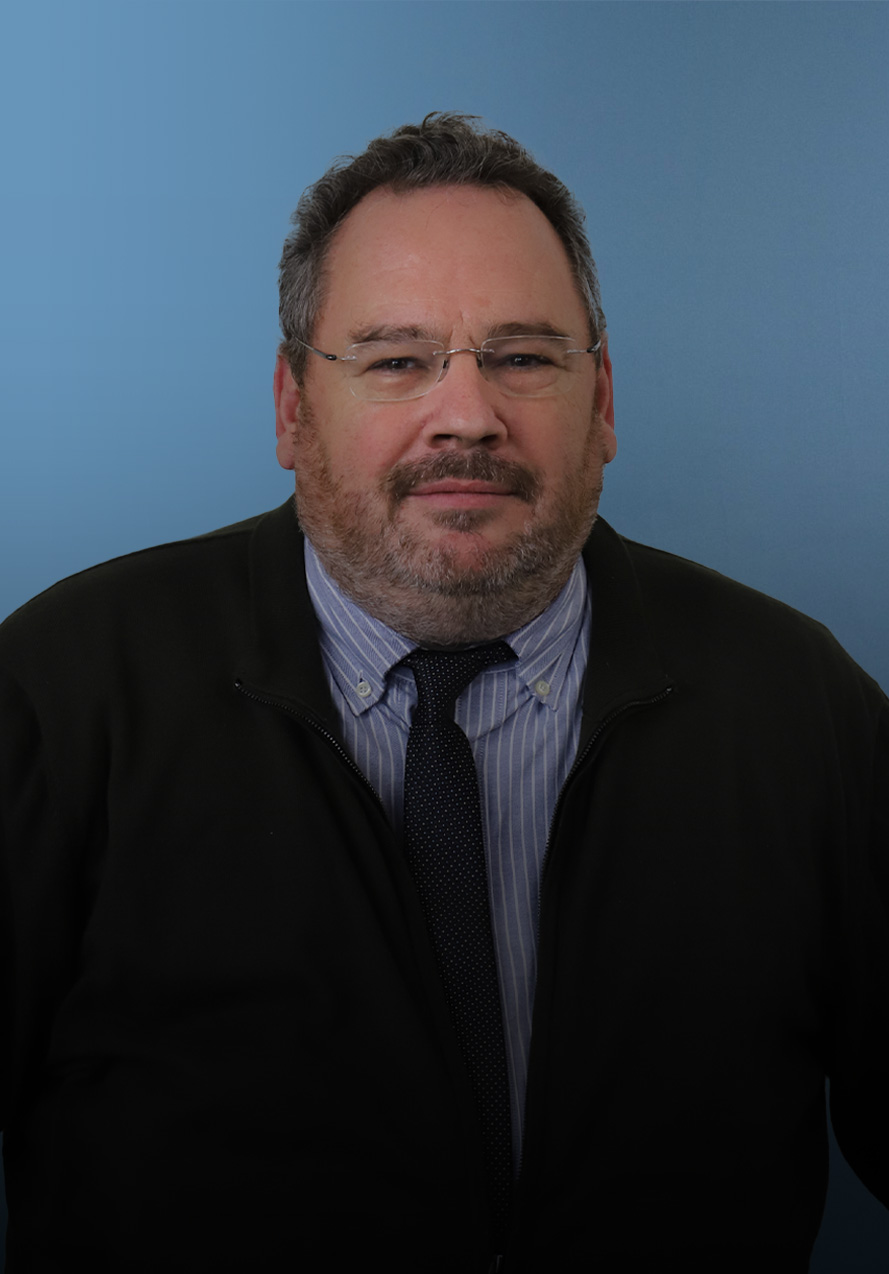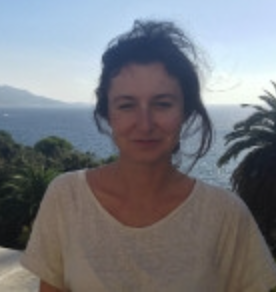Les termes migration et mobilité sont souvent utilisés de manière interchangeable, en dépit du fait qu’ils renvoient en réalité à deux phénomènes distincts du mouvement humain. La mobilité serait en fait, un mouvement temporaire par lequel un individu ou un groupe de personnes se déplaceraient de leur lieu d’origine, vers un autre pays pour des raisons d’éducation, de travail, avec la perspective de revenir dans le lieu d’origine. Tandis que la migration renvoie à un projet d’installation plus durable dans le temps, laissant ainsi plus d’opportunités aux interactions entre le migrant et le pays d’accueil, et c’est précisément autour de cette forme de déplacement qu’a grandi la polémique au niveau international ces dernières années. Ainsi, la mobilité s’est progressivement substituée au terme migration dans la sphère politique et dans la recherche, illustrant une nouvelle gestion politique des flux de populations et l’intérêt porté à de nouvelles modalités de déplacement Le webinaire intitulé « Regards croisés sur la mobilité et la migration en Méditerranée » propose une analyse croisée des questions de migration et de mobilité en méditerranée, d’abord d’un point de vue transversal (éducation et travail des jeunes), et ensuite à travers le croisement des perspectives européennes et africaines, grâce à la présentation de deux papiers des chercheurs du Centre pour l’Intégration en Méditerranée (CMI) et du Policy Center for the New South (PCNS). Ces deux papiers reconnaissent et soulignent l’importance de la mobilité au niveau de l’éducation tertiaire et proposent des recommandations concrètes pour la favoriser. Le papier produit dans le cadre de rencontres organisées par le CMI adopte une vision pluridisciplinaire et fait le lien entre la mobilité, l’éducation, l’employabilité, et les marchés du travail. Le papier de l’experte du PCNS s'intéresse plus particulièrement aux obstacles que rencontrent les jeunes chercheurs du Sud face à l'accès à la mobilité scientifique. Ce webinaire inaugure une série de dialogues sur ces thématiques entre le CMI et le PCNS.















